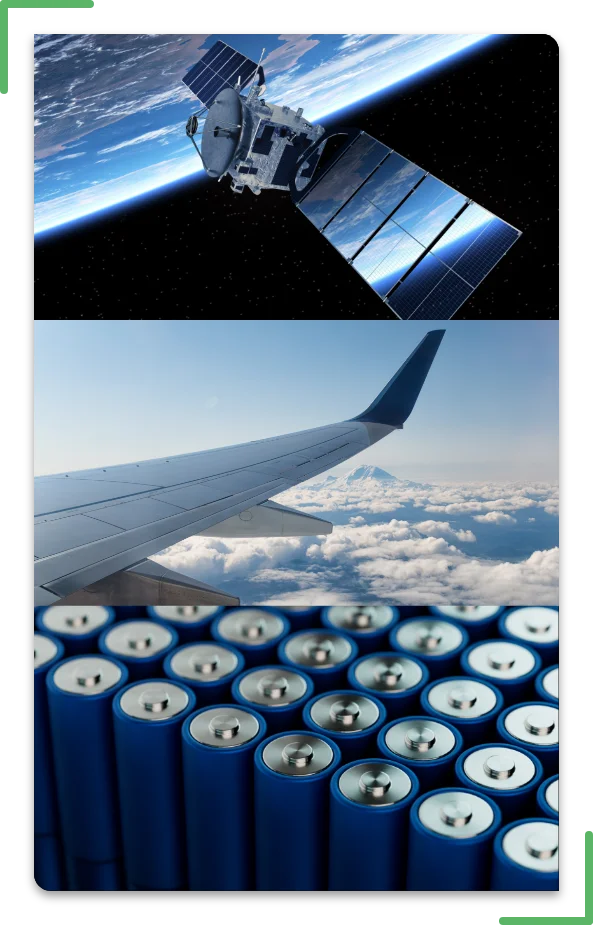Quantum computers, the exponents of this second revolution, can perform a number of operations that are too difficult, or even impossible, for regular processors. And as they approach widespread commercial application, these incredible machines represent a potentially massive market opportunity in several sectors.
The EQUALITY consortium brings together scientists, innovators, and prominent industrial players – from Airbus (DE), Capgemini (DE), Da Vinci Labs (FR), Fraunhofer ENAS (DE), German Aerospace Center (DE), INRIA (FR), and Leiden University (NL) – with the mission of developing cutting-edge quantum computer algorithms to solve strategic industrial problems.
EQUALITY will target eight paradigmatic industrial problems that can benefit the most from the quantum-enabled speed-up: airfoil aerodynamics, battery design, fluid dynamics, space mission optimization, materials design, multidisciplinary optimization, space data analysis, and fuel cell design.
These problems are computationally complex and are faced routinely by the industrial partners in this project. In many cases, the computational requirements are enormous, forcing engineers to use simplistic models or rely on expensive build-and-test cycles. This is exemplified in aerodynamics, where it is more feasible to test models in a wind tunnel than solving the difficult equations involved in simulations. And similarly complex situations are also found in Li-ion batteries and fuel cell simulations.
Hence, the opportunity provided by quantum computers to tackle such questions computationally would give a competitive edge to the European industry. Moreover, energy-efficient aerodynamics and more durable and affordable batteries are critical to propelling these industries towards zero emissions.
The use of today’s quantum hardware, however, requires grappling with the limitations of this nascent technology. These bottlenecks limit the application of quantum computers to solve industrial problems. Therefore, it is important to create strategies and software approaches that maximize the hardware capabilities of available quantum computers from providers such as PASQAL, IQM, and Alpine Quantum Computing.
By transforming current industrial interest into widespread adoption, EQUALITY will solidify the link between strategic European industries and the emerging quantum ecosystem while also contributing to technologies critical to the green transition.

The EQUALITY consortium has been awarded a highly competitive grant in the Horizon Europe funding programme. The project is one of three projects selected out of 51 submitted.
The partners will receive a cumulative €6M grant from the European Commission over the next 3 years.







